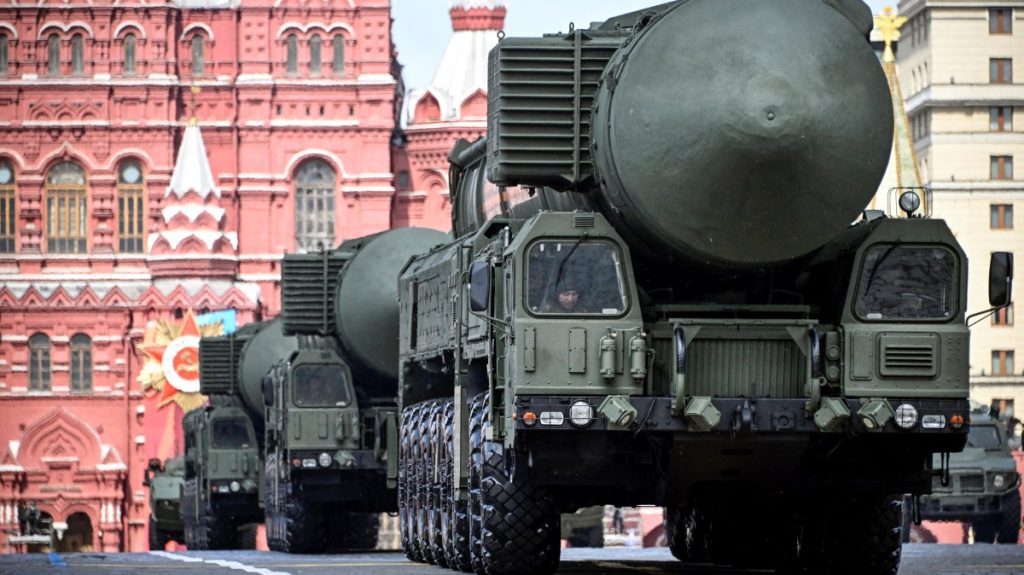In the evolving conflict in Ukraine, a complex interplay of globalist agendas, political maneuvering, and military strategies is unfolding, marked by substantial propaganda efforts aimed at galvanizing Western support for a direct confrontation with Russia. A collaboration of think tanks, bureaucracies, and military leaders is seemingly pushing the U.S. and EU towards greater military involvement, complicating the prospects for peace. Early on, the narrative was successful in rallying left-leaning factions to staunchly support NATO’s incursions, culminating in extreme calls for action against Russia. The once anti-war Democratic Party has transformed into a pro-war entity, mirrored by a faction of Neo-Conservatives, all creating a tense atmosphere where peace advocates risk violent reprisals.
While Russia bears responsibility for its actions, notably regarding its aggressive posturing and ownership of the conflict narrative, the provocation from Western powers cannot be dismissed as a mere rhetorical backdrop. The United States’ involvement in Ukraine traces back to pivotal moments like the Maidan coup in 2014, followed by an influx of NATO resources, which breach the assurances given to Russia after the Cold War regarding the non-expansion of NATO eastward. The historical context and broken promises fuel Russia’s justified concerns over Ukraine’s potential NATO membership, laying groundwork for the current conflict and dismissing agreements that aimed to stabilize Europe post-Cold War.
Observations made prior to the outbreak of full-scale conflict posited that the aftermath of pandemic-related crises would necessitate a new global emergency, with a potential world war serving as a convenient scapegoat for preceding economic issues. Predictions concerning Russia’s strategic shifts towards attrition warfare manifested as the country adopted an escalating military strategy against Ukraine, debilitating its infrastructure, and marching deeper into Ukrainian territory. With the reality of Ukraine’s strategic setbacks growing more palpable, public discourse around the war remains heavily skewed, with mainstream narratives omitting or downplaying Ukraine’s losses to maintain a narrative that justifies continued support from Western nations.
The timeline of U.S. responses, particularly with new military decisions post-Trump’s election, highlights a troubling trend where escalated military support for Ukraine serves as an indirect declaration of war on Russia. The U.S.’s approval for ATACMS missile systems exemplifies this shift, with adverse implications for regional stability and chances for diplomatic resolution. Russian leaders responded with escalated military readiness, including missile strikes, which raise alarms about the potential use of nuclear capabilities as a show of strength—an act many believe may not incite an equivalent NATO response, due to the complexity and high stakes of a full-blown nuclear exchange.
As the potential for conflict escalation emerges, concerns are growing about how the dynamics of globalist actors in the background influence events in Ukraine, particularly as they maneuver around the impending political landscape in the U.S. with Trump’s potential presidency. The allure of heightened aggression by proxy could serve their aims to avoid a rapid resolution of the conflict, instead provoking Russia into actions that could irreversibly change the war’s trajectory. This creates a dangerous volatility where peace initiatives could become mere afterthoughts, overshadowed by proactive military engagements seen within the context of perceived threats.
The outlook is grim, where the prospect of heightened military actions and irregular provocations escalates the risk of unprecedented consequences, including potential nuclear engagements. The coming months remain crucial, as the world stands on a precipice, with outcomes dependent on the interplay of these contentious forces. If significant diplomatic interventions fail to manifest, we may collectively witness significant alterations in the global political landscape and military strategies that could reshape international relations for years to come. The complexity entwined in these developments necessitates vigilance and a call for de-escalation to prevent catastrophic outcomes that risk many lives and regional stability.

